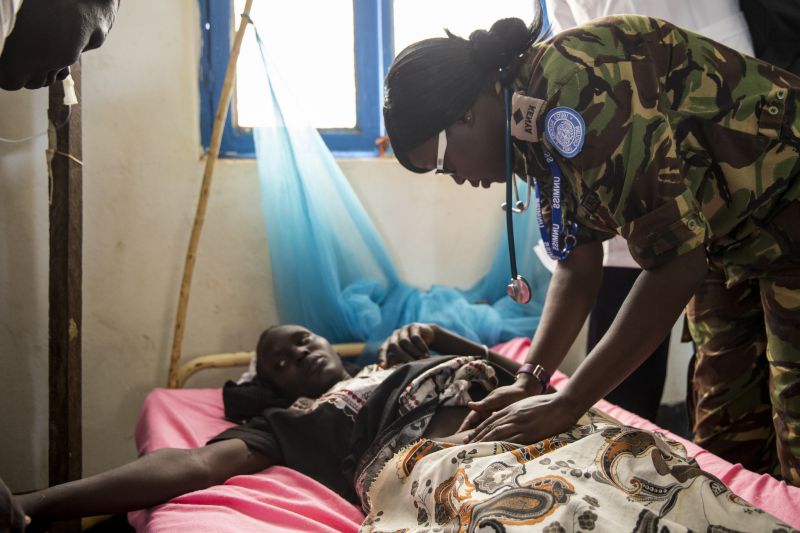By: Luisa Massarani
Send to a friend
The details you provide on this page will not be used to send unsolicited email, and will not be sold to a 3rd party. See privacy policy.
[NEW YORK] I was intrigued to learn that the UN’s post-2015 development agenda gives a special role to women. Not only does the list of Sustainable Development Goals (SDGs) include a specific goal to achieve gender equality and empower all women and girls; the role of women is also considered across all policy areas.
I asked Luiza Carvalho, regional coordinator of UN Women for Americas and the Caribbean, how women came to have such a prominent role throughout the SDGs document. She told me that there are studies showing that women tend to consider the wellbeing of their families and their communities when making decisions. And the same is true of female policymakers, Carvalho says: laws and policies drafted by or with women tend to direct public spending to areas such as sanitation, water and education, with clear concern for human development.
It will be not possible to meet the SDGs without a gender dimension or without STI, always looking through a gender lens.
Alice Abreu, Gender in science, innovation, technology and engineering (GenderInSITE)
If this is correct, Latin America is on the right track: out of 10 countries that have the best balance between women and men in the national congress, five are in the region.
In the opinion of Alice Abreu, director of the programme Gender in science, innovation, technology and engineering (GenderInSITE), the document approved by the UN last week shows considerable improvement in comparison to previous versions. But she believes that women issues could be given even more importance, in particular in relation to science, technology and innovation (STI) — an area that she says was initially ignored, but that has now gotten proper attention.
“It will be not possible to meet the SDGs without a gender dimension or without STI, always looking through a gender lens,” Abreu told me.
Businesses also have an important role to play. I had a chat with Ursula Wynhoven, a spokesperson for the UN Global Compact, a UN initiative that helps companies do business responsibly to promote sustainable development. She told me that it is crucial to engage women in the implementation of the SDGs because women's empowerment may be the closest thing to a silver bullet to achieve the goals.
“It is key to see women and girls not only as vulnerable groups, but also as change agents whose participation is vital to the achievement of SDGs,” Wynhoven said, adding that empowering women can bring about “positive disruption” necessary to meet the agenda’s 17 goals.
A joint initiative of the UN Global Compact and UN Women spells out seven steps that business can take to do their part for women's empowerment and gender equality, such as promoting education and training for women, and treating women and men fairly at work without discrimination.
“We are encouraged that a growing number of businesses are stepping up and taking comprehensive action on gender equality both because it the right thing to do, but also because the business case is increasingly clear,” Wynhoven said.














